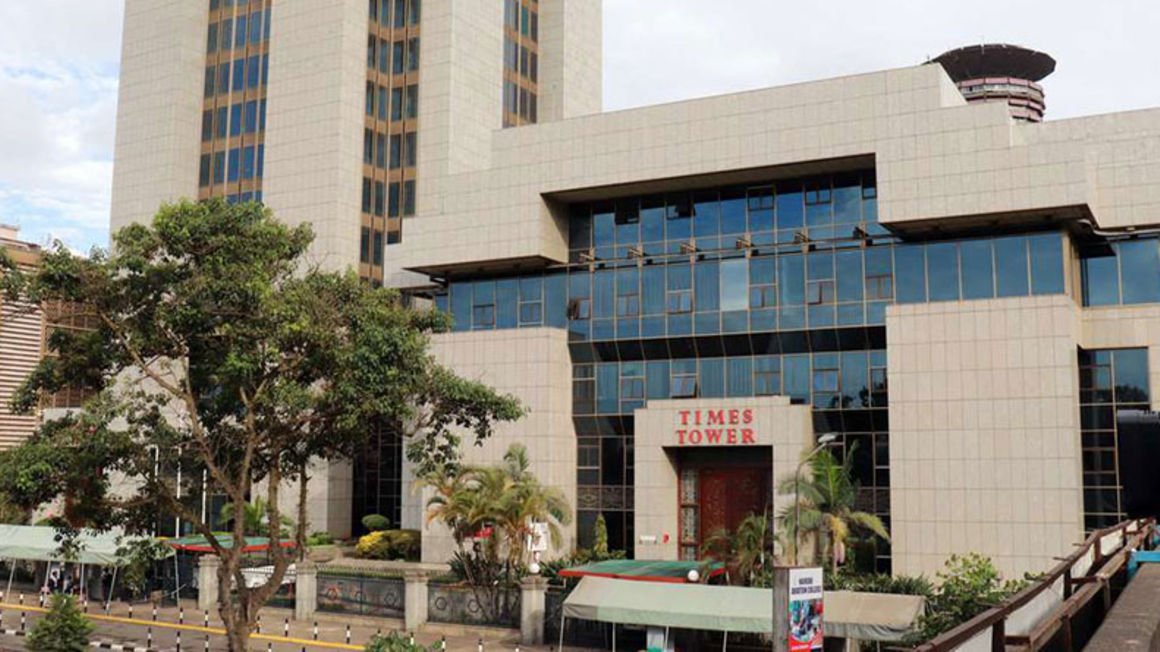The tax appeals tribunal has thrown out the school’s appeal that attempted to block the KRA from collecting the unpaid income tax, citing diplomatic immunity.
KRA slapped the school with the tax bill after it discovered ISK was running a separate payroll for local and expatriates workers and deducted PAYE from Kenyan employees while foreigners earned their pay without the tax deduction.
The US and Canadian premier school also failed to deduct income tax on tuition, fringe and utility benefits for its local employees.
The Kenya Revenue Authority has won a legal battle to recover Sh1.4 billion from the International School of Kenya (ISK) for failing to deduct taxes on pay earned by expatriate workers and teachers over four years.
The tax appeals tribunal has thrown out the school’s appeal that attempted to block the KRA from collecting the unpaid income tax, citing diplomatic immunity.
KRA slapped the school with the tax bill after it discovered ISK was running a separate payroll for local and expatriates workers and deducted pay-as-you-earn (PAYE) from Kenyan employees while foreigners earned their pay without the tax deduction.
The US and Canadian premier school also failed to deduct income tax on tuition, fringe and utility benefits for its local employees.
The school tried to argue that due to the diplomatic composition of its board it was assumed that they would be exempt from local taxes citing a letter from the Ministry of Foreign Affairs approving setting up of the school in 1976.
“The tribunal finds that neither the diplomatic composition of ISK board of governors nor diplomatic correspondence exchanged between the missions and the Ministry of Foreign Affairs conferred any privileges of immunity to ISK or its expatriate staff,” the tribunal led by Patrick Lutta said.
“The objection decision of March 2016 confirming the PAYE assesment in the sum of Sh1.4 billion is hereby upheld,” the tribunal ruled.
According to the filings, the lowest paid teacher earned $3,442 (Sh3.5 million) annually but wanted to avoid paying income taxes and discriminated between local and foreign staff.ISK claimed it was a diplomatic entity owned by the US and Canadian embassies which sought the government’s permission to set up a company limited by guarantee to oversee the primary and secondary school that applied Northern America curriculum.The school said the Foreign ministry gave it an approval on understanding it will enjoy privileged and immunities under the Geneva Convention.The premium school contended it had operated for […]
